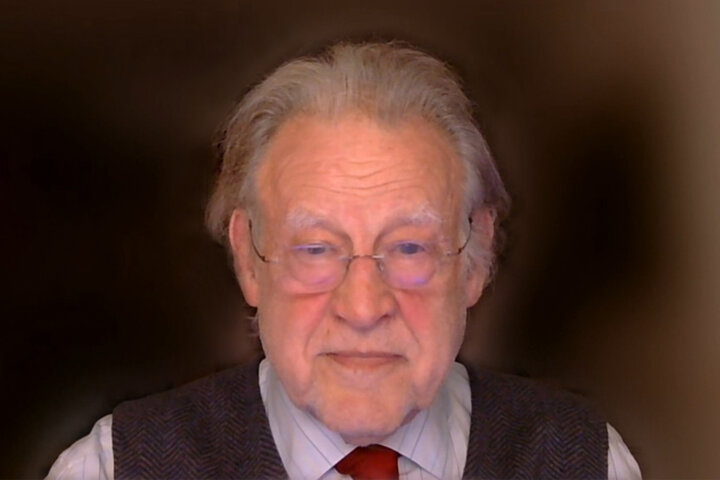-
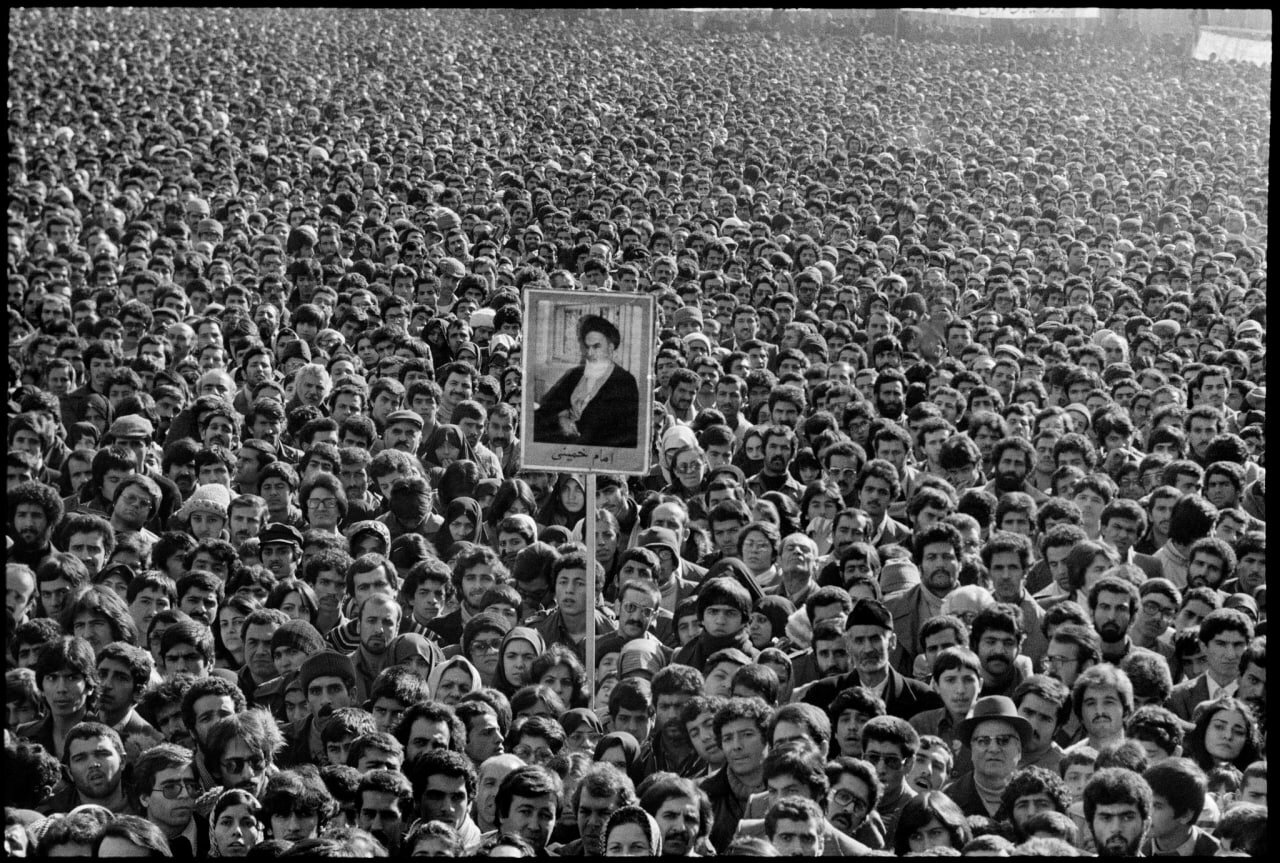 2026-02-09 21:44
2026-02-09 21:44
By Faramarz Kouhpayeh
47 years of resistance
Iran's revolution continues to thrive despite decades of plots and pressure by US
TEHRAN – In November 1979, only months after the Islamic Republic was formally established through a national referendum in which Iranians overwhelmingly voted to reshape their political system, Imam Khomeini addressed a crowd in the city of Qom.
-

Ayatollah Khamenei: Iranians to affirm loyalty to Islamic Republic on Bahman 22
TEHRAN — Leader of the Islamic Revolution Ayatollah Seyyed Ali Khamenei on Monday praised the Iranian nation’s steadfastness and unity, saying the annual 22nd of Bahman rallies continue to demonstrate the country’s power, independence, and ability to thwart foreign pressure.
-

By Garsha Vazirian
‘Pizza,’ power, and the pedophile blueprint
How Epstein files validate Pizzagate horrors and expose the ritualistic rot of the Western elite
TEHRAN – The recent release of 3.5 million pages of the final Epstein tranche—bringing the total cache to nearly 7 million—is not merely the latest chapter in a sordid scandal. It is an autopsy of a dying empire, the terminal diagnosis of a Western elite class that has traded its soul for the dark currency of ritualistic abuse and geopolitical blackmail.
-

Pezeshkian says Oman-mediated talks offer fair solution if US shows respect
TEHRAN – President Masoud Pezeshkian says the latest indirect talks between Iran and the United States, held in Oman, offer a real opportunity for a just and mutually acceptable resolution of the nuclear issue, provided Washington abandons pressure and excessive demands.
-

By Wesam Bahrani
Trump, Greenland, and the fracturing of globalization
TEHRAN – Donald Trump’s repeated talks about taking control of Greenland were widely mocked at first.
-

FM, military chief brief parliament on nuclear talks, defense capabilities
TEHRAN - Foreign Minister Abbas Araqchi and Chairman of the General Staff of the Armed Forces Major General Abdorahim Mousavi attended a closed-door session of Parliament on Monday that focused on the latest developments in the country’s foreign policy domain, especially the trend of talks between Iran and the United States, and the status of Iran’s defense capability.
Politics
-

Iran to unveil its first radar satellite soon
TEHRAN - The head of the Iranian Space Agency says the aviation body will soon unveil its first radar satellite.
-

America is putting a brave face on defeat
LONDON - America is in the midst of a rampage, behaving like a bully unleashed upon a city—looting and destroying without restraint. It is driven by deep-seated fear and a systemic lack of security. The world’s bully wants to preserve an empire that can no longer be maintained, and no one restrains it, because excess power in the hands of the fearful can reach the height of foolishness. It is a case of fleeing forward as a result of a real crisis.
-
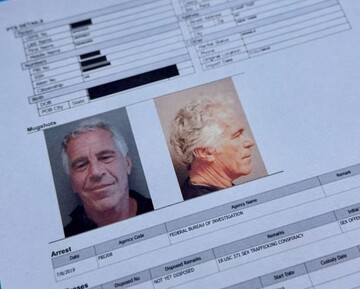
Epstein files, war calculations, and the deeper conflict with Iran
BEIRUT—In principle, no direct causal relationship exists between the Epstein scandals and any American decision to wage war against Iran. Initially, the release of the documents followed a legal and institutional process distinct from the military posture adopted by Washington amid rising regional tensions.
Sports
-

Iran handball sets sights on future goals, Pakdel says
TEHRAN – Alireza Pakdel, head of Iran handball federation, is prioritizing long-term development over short-term results.
-

Iran's Futsal: a flawed victory sounds continental alarm
TEHRAN - Iran's national futsal team secured their 14th AFC Asian Cup in 2026, yet this hard-fought triumph feels less like a celebration of dominance and more like a stark warning.
-

Iran’s Greco-Roman team win 2026 Zagreb Open
TEHRAN – Iran’s Greco-Roman team claimed the title of the 2026 Zagreb Open Sunday night.
Culture
-
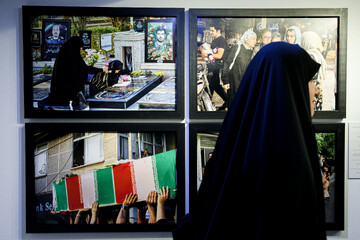
“Life in War” photo exhibition spotlights Iranian resilience during 12-Day War
TEHRAN- The closing ceremony of the “Life in War” event, along with the inauguration of its photo exhibition, was held at the Art Bureau of the Islamic Ideology Dissemination Organization in Tehran on Sunday.
-

Press TV contributor detained ahead of pro-Palestinian event
TEHRAN- British authorities have apprehended Latifa Abouchakra, a London-based journalist and contributor to Press TV, in what appears to be part of a broader effort targeting pro-Palestinian activism.
-

Neil Simon’s “The Prisoner of Second Avenue” on stage at City Theater
TEHRAN – Tehran’s City Theater is staging the 1971 American black comedy “The Prisoner of Second Avenue” written by Neil Simon at its Qashqai Hall.
Economy
-

Iran positioning itself as strategic hub on China-Europe corridor
TEHRAN- The head of the Islamic Republic of Iran Railways (known as RAI) announced that so far 60 trains from China destined for Iran and the European Union have entered our country.
-

President launches Tous gas field development project to boost supply in northeast
TEHRAN – Iran on Monday launched the development project of the Tous gas field in the country’s northeast by presidential order, aiming to strengthen gas supply stability in the region and feed the Shahid Hashemi-Nejad gas refinery in Sarakhs.
-

Daily flare gas collection reaches 9 mcm: oil minister
TEHRAN – Iran has collected about 9.0 million cubic meters (mcm) per day of associated and flared gas over the past 15 to 16 months, bringing total daily collection to around 16 mcm, Oil Minister Mohsen Paknejad said on Monday.
Society
-

INOTEX 2026 slated for May
TEHRAN – The 15th International Innovation and Technology Exhibition (INOTEX 2026) is planned to be held in Tehran from May 20 to 23.
-

Knowledge-based companies to attend ChinaPlas 2026
TEHRAN – Supported by the Organization for Development of International Cooperation in Science and Technology, Iranian knowledge-based firms will participate in the 38th International Exhibition on Plastics and Rubber Industries (ChinaPlas) scheduled to be held from April 21 to 24, 2026, in Hongqiao, Shanghai, China.
-
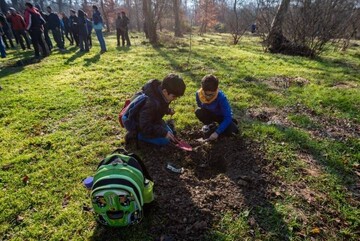
Department of Environment enumerates measures to enhance public participation
TEHRAN – Since the beginning of the current Iranian year, March 2025, the Department of Environment has taken different steps to promote public participation in environmental protection.
Tourism
-

Tehran, Baku consider reopening passenger border crossings
TEHRAN - Iran and Azerbaijan are considering reopening of passenger traffic across their shared border following talks between senior officials, Iran’s minister of cultural heritage, tourism and handicrafts said on Saturday.
-
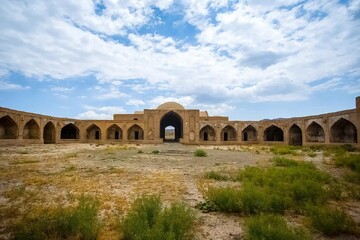
Semnan tourism department to revamp surroundings of Shah Abbasi caravanserai
TEHRAN – Semnan’s cultural heritage, tourism and handicrafts department has begun plans to reorganize the area surrounding the centuries-old Shah Abbasi caravanserai which is located in the north-central Iranian province.
-
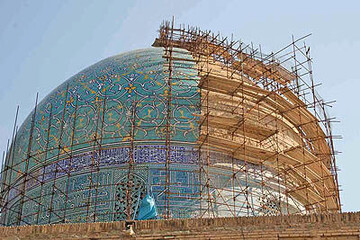
Preserving historical monuments is necessity in country with ancient past: restoration graduate
TEHRAN - The appropriate restoration of historical monuments is not a matter of choice but a necessity in a country where every corner contains layers of history, a young restoration specialist says.
International
-

‘Pizza,’ power, and the pedophile blueprint
TEHRAN – The recent release of 3.5 million pages of the final Epstein tranche—bringing the total cache to nearly 7 million—is not merely the latest chapter in a sordid scandal. It is an autopsy of a dying empire, the terminal diagnosis of a Western elite class that has traded its soul for the dark currency of ritualistic abuse and geopolitical blackmail.
-

The boomerang of division: Israel's fractured leadership and Gaza's unbroken will
TEHRAN – The Hamas attack on October 7, 2023 exposed serious failures in Israel’s security system and laid bare deep divisions within the Israeli political and military leadership.
-
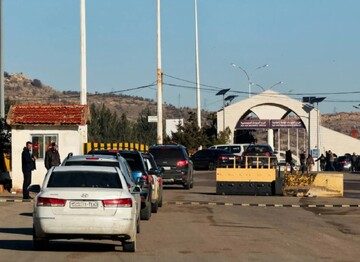
Smuggling, sovereignty, and transitional power: The Lebanese–Syrian border after Assad
BEIRUT — The fall of Bashar al-Assad’s government did not bring an end to smuggling between Syria and Lebanon. Instead, it transformed its logic, scale, and actors.
Most Viewed
-
Claudius returns to poison the deal
-
We insist on right to enrichment even at cost of a war: Iranian FM
-
FBI records reveal informant claims that Jeffrey Epstein was a Mossad agent
-
The boomerang of division: Israel's fractured leadership and Gaza's unbroken will
-
Iran’s military chief warns US will bear responsibility for any regional war
-
‘Pizza,’ power, and the pedophile blueprint
-
Smuggling, sovereignty, and transitional power: The Lebanese–Syrian border after Assad
-
Iran to roll out 110 smart irrigation projects, expand solar power on farms
-
Tehran, Baku consider reopening passenger border crossings
-
Europe and Trump: Strategic paralysis and the end of a unified West
-
11 members of PJAK terror group arrested in western Iran
-
Beyond the colonial gaze: Rethinking Iran on its own terms
-
Iran to unveil its first radar satellite soon
-
Pezeshkian: Dialogue rooted in Iran’s legal rights, not pressure
-
Iranian Interior Ministry tasked with managing public rallies










